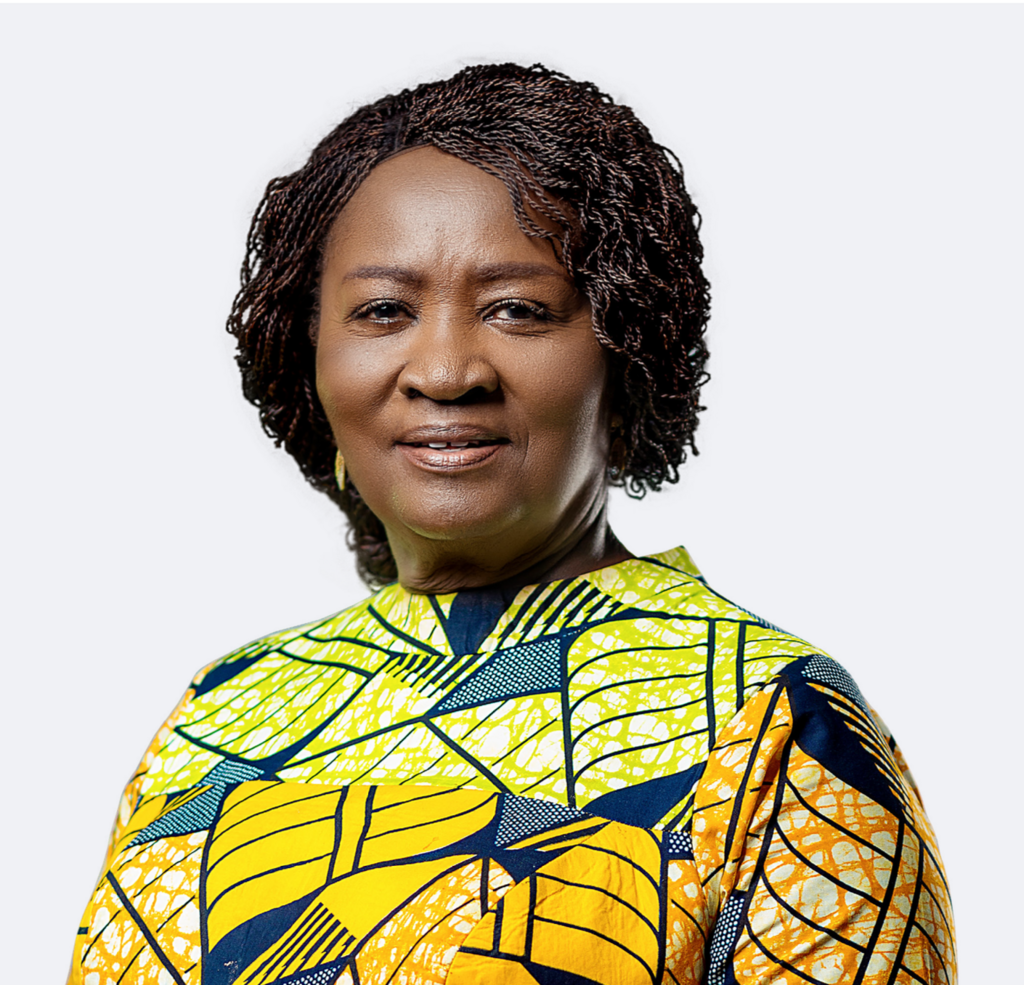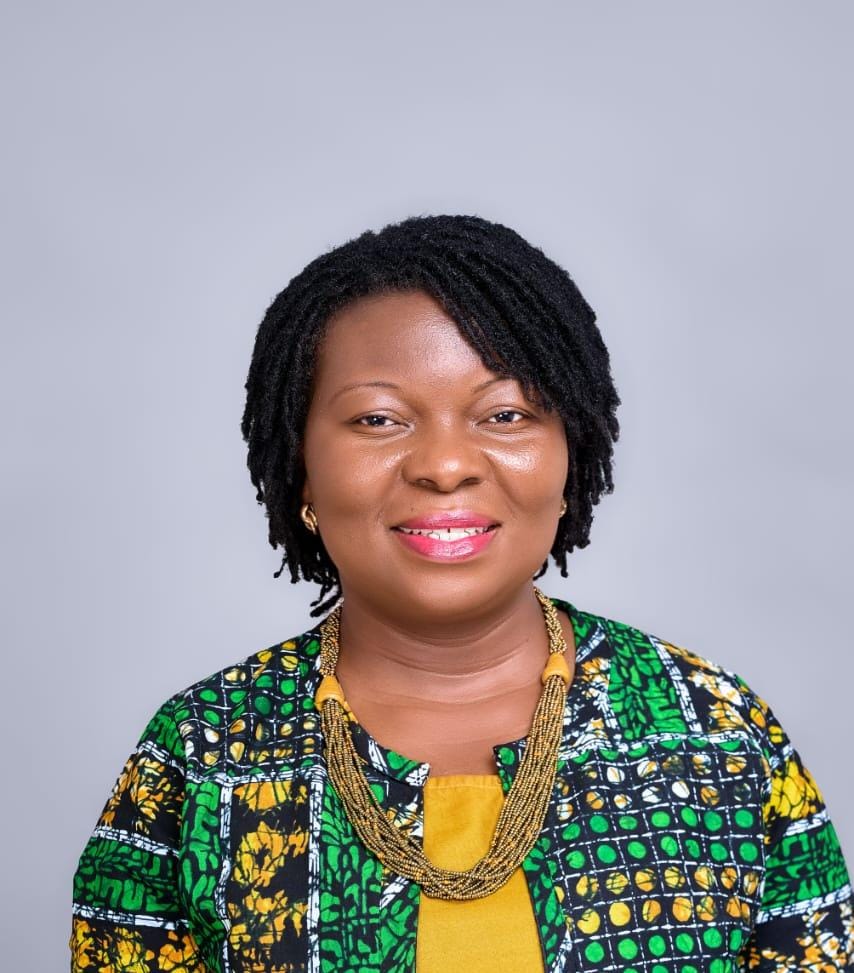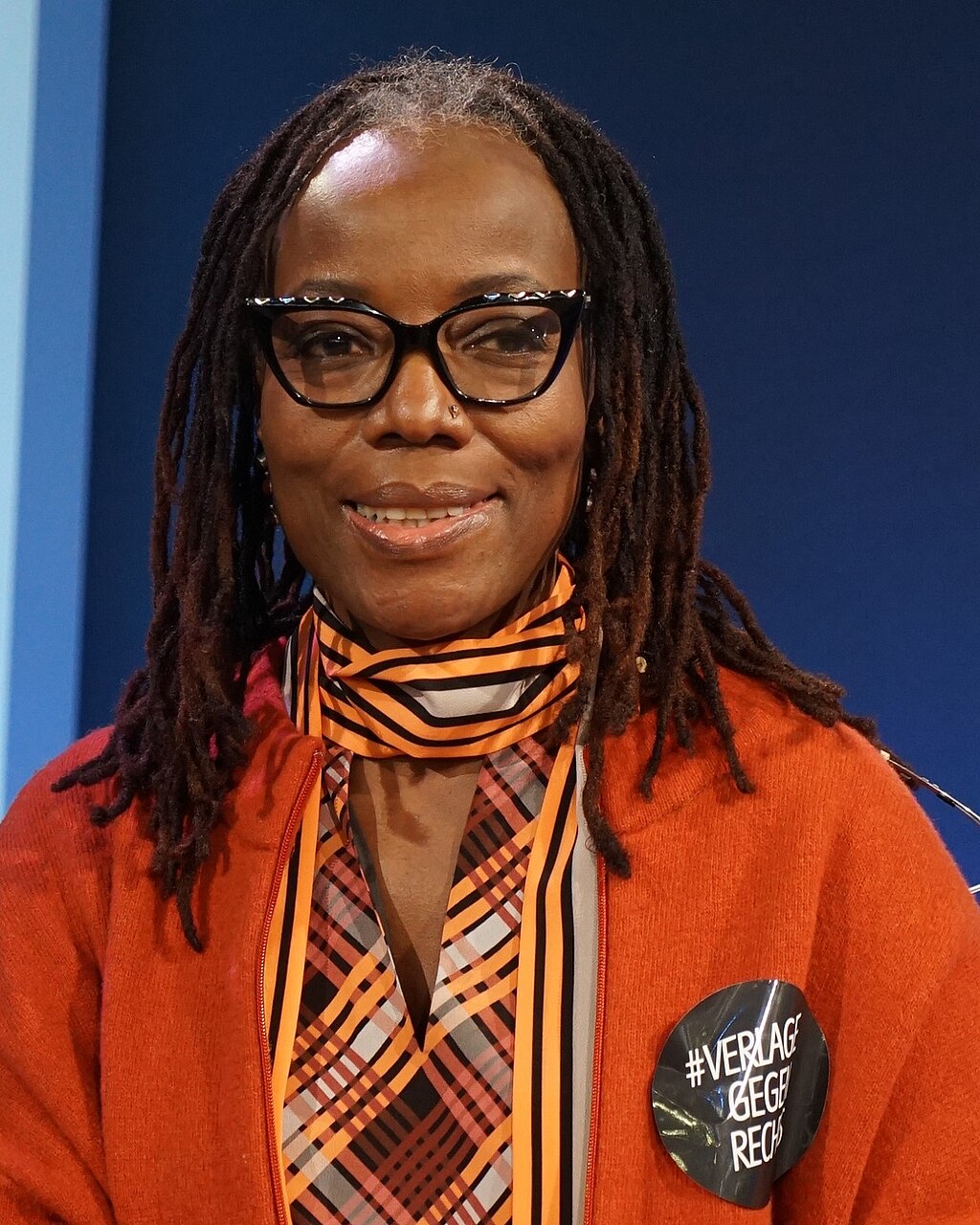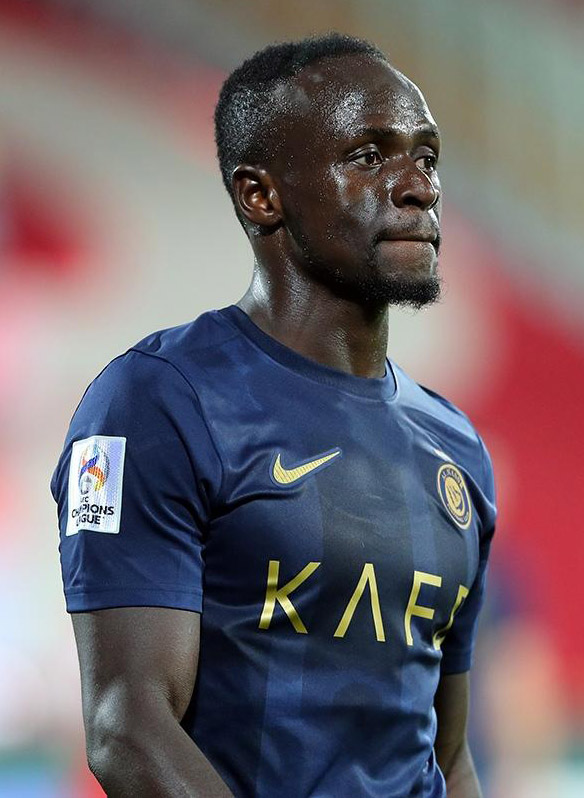Political
How Ghana’s December 2024 Election Deepened its Democracy
How Ghana’s December 2024 Election Deepened its Democracy
Ghana went to the polls on December 7, 2024, to elect a new president and 276 members of parliament. This was the 9th consecutive election to be held under the country’s current democratic regime which has been in place since 1992, following a long period of military intervention in politics in the post-independence era. The front runners in the presidential elections were the then incumbent vice president and candidate of the ruling New Patriotic Party (NPP), Dr. Mahamudu Bawumia, on one hand, and the candidate of the main opposition political party, the National Democratic Congress (NDC), former president Mr. John Mahama, on the other. Mr. Mahama, who also previously served as vice president, won his first term as president in 2012 but lost a re-election bid in 2016 and another attempt in 2020. His opponent, Dr. Bawumia, former deputy governor of Ghana’s Central Bank (Bank of Ghana), had been vice president to the outgoing President Nana Akufo-Addo, who had served two four-year terms.
The outcome of the election was a landslide victory for President John Mahama who secured over 56 percent of votes (against the approximately 42 percent of his opponent). He was subsequently inaugurated into office in January 2025. His party, the NDC, also secured an overwhelming majority of parliamentary seats and currently holds a supermajority (two-thirds of seats) in the national legislature, having won a subsequent election rerun in one constituency. It also won a recent by-election.
The December 2024 polls cemented Ghana’s relatively young democracy in several ways. First, it deepened the country’s evolving political culture of normalizing political turnovers. Ghana had its first political transition in the year 2001 when the then opposition party, the NPP, won the 2000 elections for the first time since the return of democratic rule in 1992. Since then, two other transitions between a ruling party and an opposition party took place after the elections in 2008 and 2016, resulting in a situation whereby the two main political parties in the country each ruled the country for 16 years cumulatively (i.e., between 1992 and 2024). The recent transition following the 2024 elections which saw the transfer of power from the ruling NPP to the opposition NDC further deepened the country’s evolving political culture by regularizing the peaceful transfer of political power through democratic elections.
Another significance of the 2024 elections for Ghana’s democracy is the return to power of the former president, Mr. John Mahama, through democratic means. Having lost power first in 2016 after his first full term in office and again in 2020, President John Mahama’s return to power demonstrates that keeping faith in democratic institutions such as open and competitive elections rather than electoral manipulations can return leaders to power. Beyond Ghana, and for a continent that continues to grapple with difficulties associated with political transitions, the political lessons from President Mahama’s peaceful return to power could not be lost on the many political leaders from across the African continent who gathered for his inauguration in Accra. His election further speaks to Ghana’s generally competitive and credible electoral processes which are fundamental to the strengthening and preservation of the country’s democracy.

Similarly, the early and graceful concession of electoral defeat by the vice president and ruling party candidate, Dr. Bawumia, long before the Electoral Commission of Ghana would finish tallying results and declare the election’s outcomes was a significant first for the country’s democracy. Dr. Bawumia, on the morning of December 8, 2024 and less than 24 hours after the close of polls on December 7, held a press conference to concede defeat to his opponent. The official results from the Electoral Commission declaring Mr. Mahama the winner of the elections came a day after Dr. Bawumia’s concession. The vice president’s historic early concession, which was based on his party’s own monitoring of the election, came without any dramatic contestation of the election’s processes and outcomes. It is therefore significant in its contribution to electoral peace. Previous elections such as those in 2008 and 2016 which also produced electoral turnovers were characterised by a tense and uneasy atmosphere, particularly in the moments leading up to the official declaration of election results. The results of two other presidential elections, in 2012 and 2020, were also contested in court before being brought to a conclusion by the decisions of the country’s Supreme Court. Dr. Bawumia’s concession also highlighted the internal capacity of political parties in Ghana to not only participate in elections but also independently monitor the electoral process and outcomes and thereby support peaceful election outcomes. The ability of the two leading parties to monitor and verify the credibility of the voting processes across the country further deepened electoral transparency and trust in the outcomes.
With the victory of Mr. John Mahama, the assumption to office of his second-time running mate in the elections, Prof. Jane Naana Opoku-Agyemang, as Ghana’s first female vice president further adds to the country’s democratic strides. Prof. Naana Opoku-Agyemang is an accomplished academic, educationist, and former Minister of Education under President’s Mahama’s previous government. While women have ascended into key national positions such as Chief Justice and Speaker of Parliament, women’s representation in political office has generally been low, with women’s participation in Ghana’s national parliament being consistently below 15 percent, except for the year 1965 when it was around 18 percent. The situation undermines political inclusion. With the vice president’s ascension to office coming on the heels of the recent (2024) passage and presidential assent of Ghana’s Affirmative Action Law which seeks to enhance female participation in national life, the symbolism of a female vice president serves as an important reminder of the importance of political inclusion.
Finally, the faith of the Ghanaian voter in the use of democratic elections as the fundamental mechanism for effecting political change strengthens the country’s democracy. The 2024 elections followed a period of economic difficulty characterised by high inflation, rising national debt, and currency depreciation. Ahead of the elections, Afrobarometer survey findings highlighted unemployment as a major issue of concern to many Ghanaians. Amid these economic difficulties and concerns, the ability of the Ghanaian to keep faith in democratic processes and peacefully express their political choices is significant to building democratic resilience.
Ghana continues to make important strides in its democratization journey. Nearly every election since the return of multiparty rule has come with valuable lessons which have further consolidated the country’s democracy. The 2024 election was no exception as it further enhanced the country’s democratic practice in diverse respects. For a country seen as a leading democracy on the continent, even with all its challenges, every stride in its democratization journey also offers valuable lessons for the rest of Africa.

About the Author
Rhoda Osei-Afful is a PhD Candidate in the University of Toronto's Department of Political Science. Her research focusses on political accountability, constituency service, elections, and democratic governance with a regional focus on Africa.
Banner Image: Golden Jubilee House (Presidential Palace of Ghana) and the official residence of the President of Ghana, in Accra, Ghana. 29 January 2009. Photo credit: Jessica Gardner, CC BY 2.0. Inset image: Picture of the Vice President of Ghana, Jane Naana Opoku-Agyemang. 7 January 2025. Photo credit: EcceJAE, CC BY-SA 4.0.







